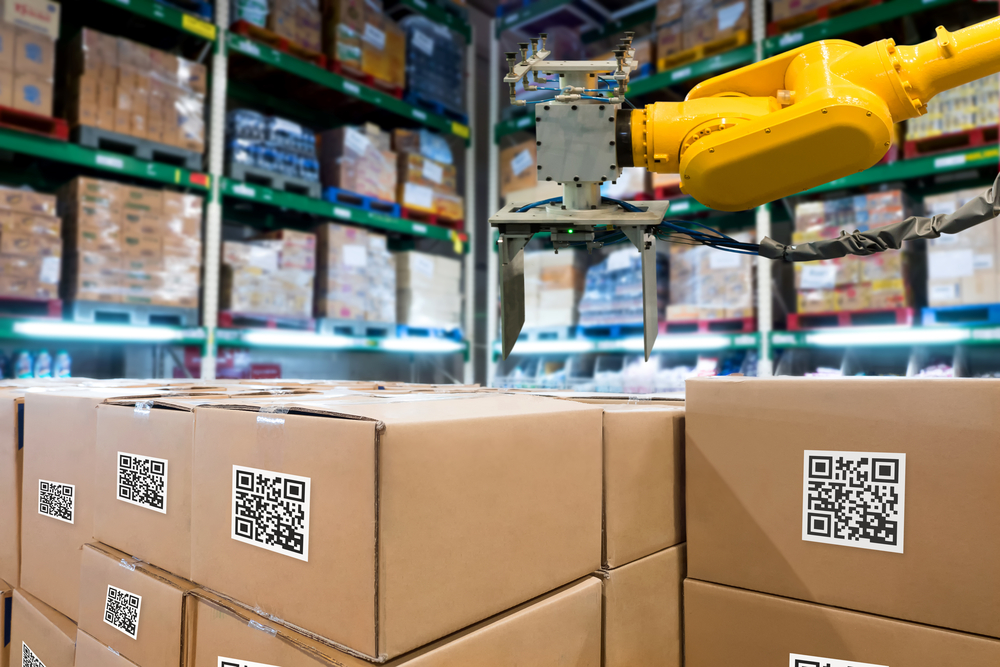Warehouses and manufacturing facilities share many similarities in terms of technology use. They both often require specialized, ruggedized solutions.

To explore these possibilities, let’s look at a few leading brands and the perspectives they are bringing to the conversation:
1. Zebra Technologies:
As a leading solution provider for technologies focused on real-time visibility in the warehouse, Zebra has a significant stake in the IoT. A study from the solution provider found that going digital and implementing new technologies is already paying off in the warehouse, so much so that approximately half of the respondents to the survey said that moving to modern warehouse management systems was in their plans as of 2015. That figure goes up to 75 percent when the time frame is extended out to 2020.
The demand here is straightforward – Zebra found that warehouses are facing pressure to move more goods across more facilities with shorter delivery times. As such, investments in technologies that provide data visibility, such as warehouse management systems featuring IoT capabilities, are rising.
2. Cisco:
This networking giant keeps coming up in various IoT sectors, and it isn’t too surprising. Cisco was among the early leaders in identifying the rise of the IoT on a mainstream scale, and the company has its hands in a variety of industries that are adopting the technology. One Cisco and A&S magazine study found that the IoT will provide a $1.9 trillion boost to the supply and logistics sector. The same study explained that while the IoT is still in the early stages in the warehouse bust solutions ranging from scales embedded in forklifts to wearable devices and passive RFID tags are already gaining prominence.
Cisco, of course, is focused on providing the connectivity infrastructure needed to make these technologies work well together, and it believes the smart warehouse movement have significant implications across the manufacturing, retail and distribution sectors.
3. Fujitsu:
Where Zebra and Cisco are particularly focused on a vision for a smart warehouse, Fujitsu is emphasizing smart logistics in its early IoT efforts. Industry leaders are working on solutions designed to provide an added degree of connectivity to the business, particularly by keeping logistics operations under the broad connectivity umbrella used across the warehouses. With this in mind, Fujitsu has developed a wearable sensor that can be used to track driver safety and connectivity to the warehouses.
Promoting safety and transparency across every phase of operations is a priority for Fujitsu, and it shows in groundbreaking products aimed at the logistics segment.
A gradual evolution
Some sectors have experienced a revolution as a result of the IoT. The warehouse industry is moving forward at a very different pace, but not because IoT systems aren’t as viable.
Instead, the issue is that data connectivity is so important in the warehouse that many organizations already have dedicated solutions, ranging from automated pickers to barcode scanning platforms, that replicated some of the business advantages created by the IoT.
However, organizations are moving toward the smart warehouses at a rapid pace, ushering in a new era of innovation that could disrupt the entire supply chain.
Leave a Reply
You must be logged in to post a comment.